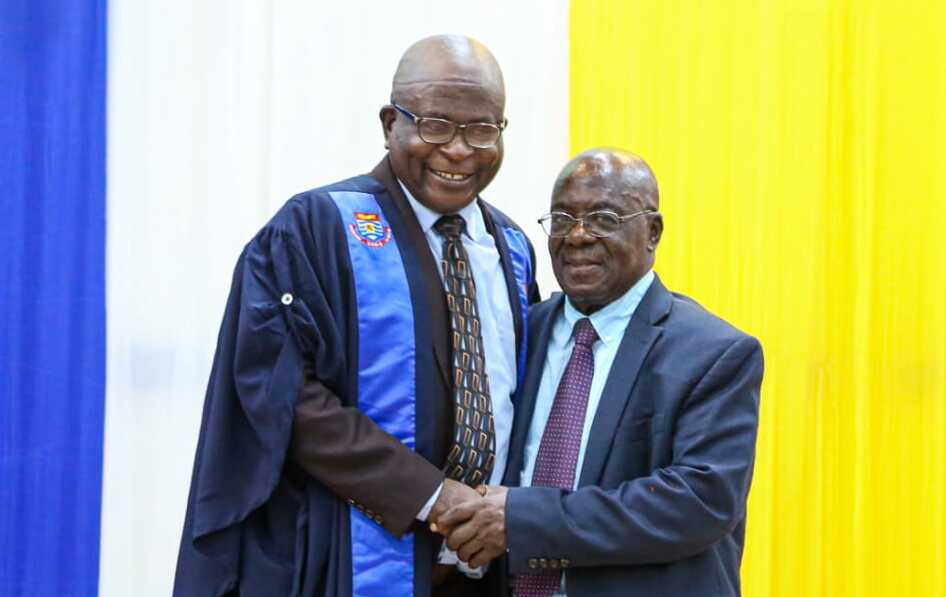Former Head of the Department of Religion and Human Values at the University of Cape Coast (UCC) and a council member of West End University College (WEUC), Professor Samuel Awuah-Nyamekye, has argued persuasively for the adoption of spiritual ecological practices. He asserted that Ghana’s “self-inflicted” environmental damage could only be stopped by the various religions’ time-tested rituals and procedures, which had long preserved the environment.
In order to address the threat, he advised the government to interact with religious organizations and take into account their recommendations, which were primarily science-driven measures. We must turn to religion and environmental ethics because “secular means have not been able to resolve the issue; the legislation and policies have failed to resolve the problem of environmental destruction,” he stated.
The theme of Prof. Awuah-Nyamekye’s first speech was “The Nexus between Religion and Environment: Matters Arising.” Through numerous academic citations and real-world examples, he established the link between religion and the environment and argued that without religion, the battle against ecological assault could not be won.
He described how traditional believers preserved the ecosystem, for example, by honoring the lands and rivers they revered as gods and goddesses, keeping sacred groves and totems, and establishing special days. The current disdain for indigenous African traditional practices centered on environmental consciousness and preservation, which he blamed on civilization, was something he noticed with concern.
Because the missionaries demonized the ancient techniques of protecting the environment, he noted, Christianity had a catastrophic influence on the native ways of environmental conservation. He quickly clarified, though, that things were progressively changing as some churches changed their theologies to include some of the traditional indigenous practices for nature preservation.

